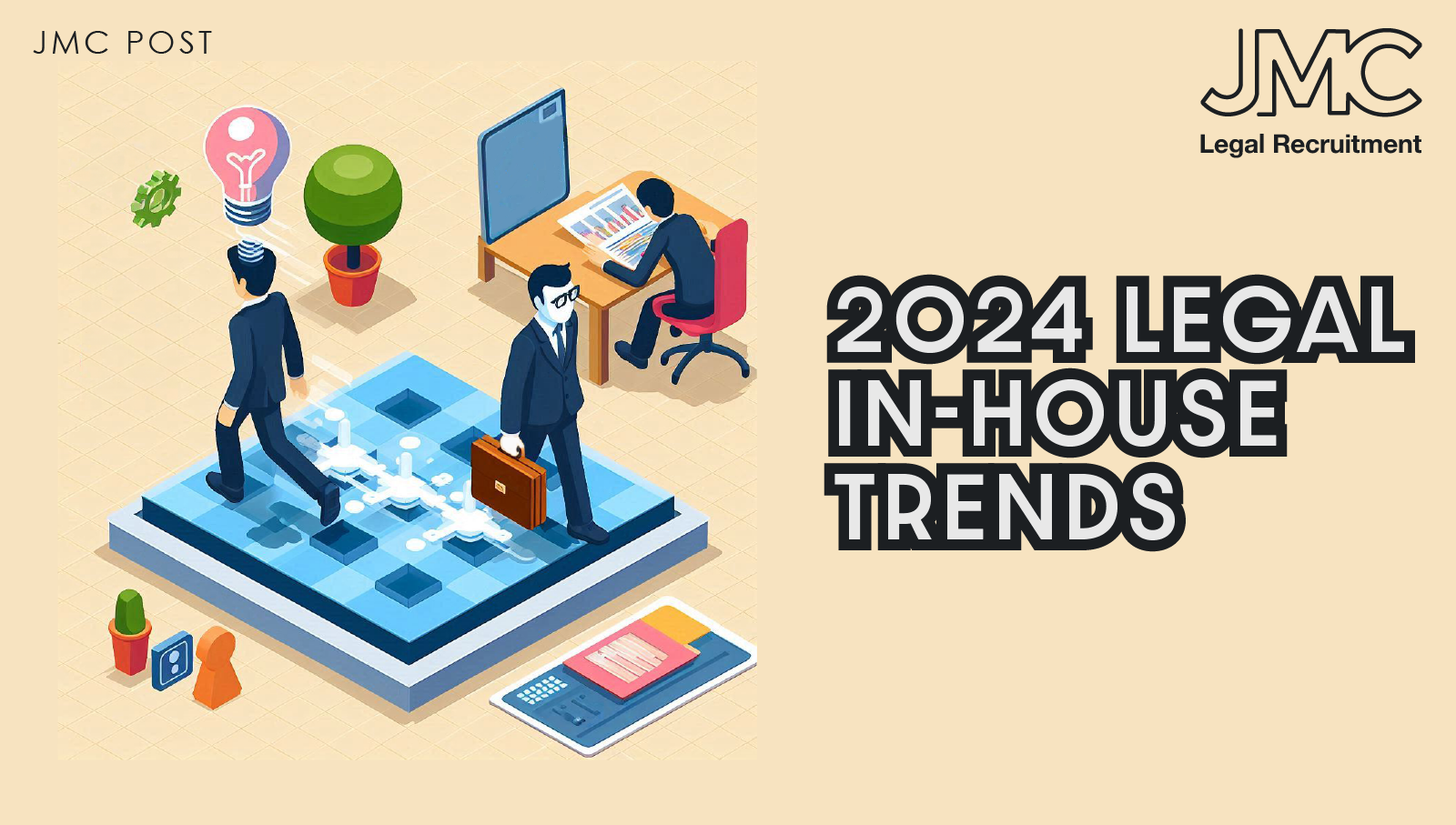
How Will AI Impact Lawyers and The Legal Sector?
04 Aug, 20235 minutes
There has been a great deal of media attention on the changing IT landscape regarding Artificial Intelligence (AI) and how this is going to affect humanity. Some see it as positive and revolutionary, whilst others are more cautionary and hesitant to embrace the change, and some regard it as potentially catastrophic. One thing is for certain, AI will have a significant impact across multiple different sectors and industries, but how will it impact lawyers and legal services?
Those who view AI as a positive development comment on how it will improve the efficiency of legal work by increasing automation and there are several immediate potential benefits that come to mind. Greatly improved computer power will enable almost instantaneous searches of legal data, case law and reviews to ensure the best and latest legal advice is readily available at the touch of a button. Also, software tools, such as ChatGPT, could be used to draft contracts or skeletons of judgments.
This has led to concern about the potential loss of jobs within the legal profession. Research from Princeton has suggested that the legal industry is one of the most vulnerable to the AI revolution. Indeed, some law firms have already announced the trialling of robot lawyers. In addition, junior lawyers and support staff feel under threat as AI technology also becomes more prevalent in automating the tasks and duties ordinarily carried out by administrative functions.
While there is no doubt that AI can dramatically speed up data manipulation and processes and can reduce the incidence of poor legal advice, the design of AI algorithms and in particular, how it learns from itself is critical. If the historical data used to train AI models contains bias or discriminatory patterns, AI can perpetuate these and lead to unjust outcomes. Fairness and justice are paramount in legal practice, so the risk of bias while using software that could sway decisions is of significant concern. The customer needs to trust the legal advice they are given and this is likely to affect the introduction of AI, at least in the short term.
Some will argue that although AI systems are designed and trained to mimic and simulate human behaviour, they cannot make rational decisions like humans, and many lawyers/judges have been praised for coming to rational decisions in cases. AI should complement human intelligence rather than replace it.
Although some firms may be contemplating a reduction in manpower, it is not all doom and gloom on the job front. There will be a requirement for a robust system for the regular monitoring of legal judgements and also a need for specialist training. Maybe these could be a growth industry for recruitment.
There will also be a financial cost. As with any new technological advancements, there are always the early adopters and the largest, financially rich firms will presumably be the first to implement AI. How will the cost of installing this advanced AI technology be absorbed? Will the costs be passed onto the clients?
The AI revolution is coming, but there may be a long period of adjustment as firms start implementing the new technology, and law firms and legal services will inevitably continue to introduce more advanced AI as time moves on. There is no doubt that Artificial Intelligence is going to have a significant impact on how law firms operate in the future, the question is how much and how soon?



